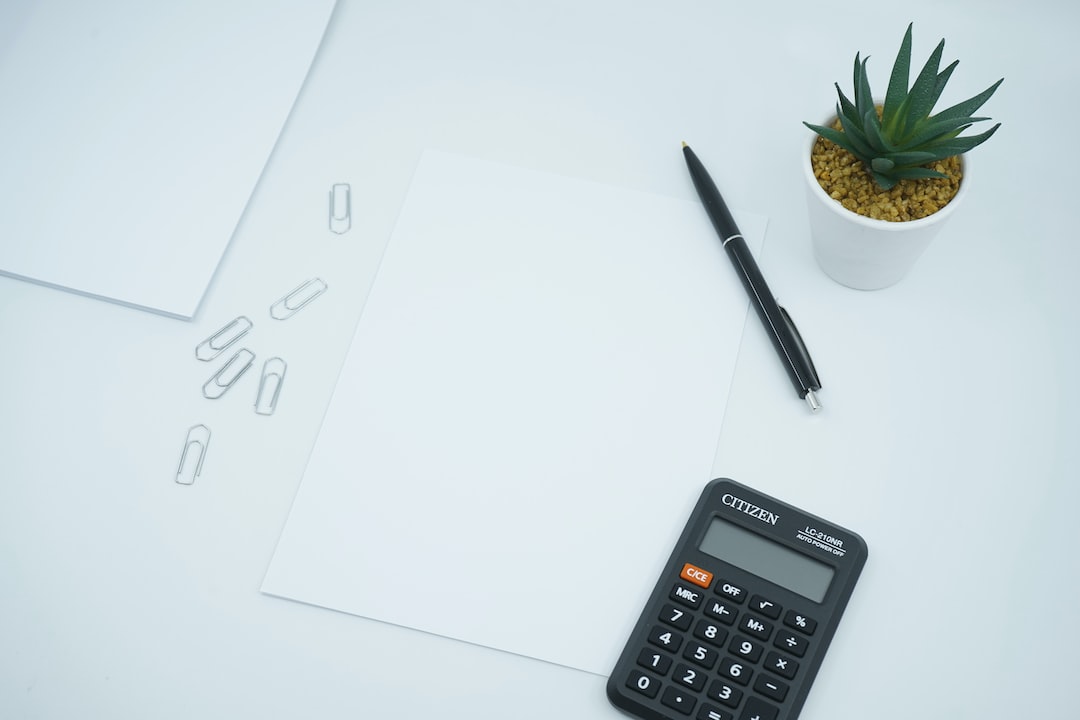Choosing the Best Forex Trading Account: A Complete Guide
Forex trading has become increasingly popular in recent years, with more and more individuals and institutions entering the market. One of the most crucial decisions for any forex trader is choosing the right forex trading account. This decision can greatly impact your trading experience, profitability, and overall success in the forex market.
There are several factors to consider when selecting a forex trading account, including account types, regulations, fees, trading platforms, and customer support. In this complete guide, we will explore each of these factors in detail to help you make an informed decision.
1. Account Types:
Forex brokers offer various types of trading accounts, each with its own features and advantages. The most common types include standard accounts, mini accounts, and managed accounts. Standard accounts typically require a higher minimum deposit but offer lower spreads and access to more advanced trading tools. Mini accounts, on the other hand, have lower minimum deposits and smaller trade sizes, making them ideal for beginners or traders with limited capital. Managed accounts allow professional traders to manage your funds on your behalf for a fee.
2. Regulations:
When choosing a forex trading account, it is crucial to ensure that the broker is regulated by a reputable financial authority. Regulatory bodies such as the Financial Conduct Authority (FCA) in the UK or the Securities and Exchange Commission (SEC) in the US oversee and monitor forex brokers to ensure compliance with industry standards and protect investors’ interests. Trading with a regulated broker provides an added layer of security and ensures fair trading practices.
3. Fees:
Forex trading involves various fees and charges that can significantly impact your profitability. These fees include spreads, commissions, overnight swap rates, and withdrawal fees. Spreads are the difference between the buy and sell price of a currency pair and can vary between brokers. Commissions are charged on each trade and are calculated based on the trade size. It is important to compare the fee structures of different brokers to find the most cost-effective option.
4. Trading Platforms:
The trading platform is the software used to execute trades and monitor the forex market. A user-friendly and reliable trading platform is essential for a seamless trading experience. The most popular trading platform in the forex market is MetaTrader 4 (MT4), known for its advanced charting tools, technical indicators, and automated trading capabilities. Some brokers may offer their proprietary trading platforms, which can have unique features and advantages. It is advisable to choose a broker that offers a platform that suits your trading style and preferences.
5. Customer Support:
Forex trading operates 24 hours a day, five days a week, and it is crucial to have access to prompt and reliable customer support whenever you need assistance. Before choosing a forex trading account, evaluate the broker’s customer support channels, such as live chat, phone support, or email. Additionally, consider the availability of educational resources and trading tools provided by the broker to support your learning and development as a trader.
6. Account Funding and Withdrawal:
The ease and security of depositing and withdrawing funds from your trading account are essential considerations. Look for a broker that offers a variety of payment options, including bank transfers, credit/debit cards, and electronic payment systems like PayPal or Skrill. Ensure that the broker has clear policies regarding fund withdrawal and verify the processing time for withdrawals.
7. Demo Accounts:
Many forex brokers offer demo accounts, which allow you to practice trading in a risk-free environment using virtual funds. Demo accounts are an excellent way to familiarize yourself with the broker’s platform, test your trading strategies, and gain confidence before trading with real money. Consider choosing a broker that provides a demo account to hone your trading skills.
In conclusion, choosing the best forex trading account requires careful consideration of various factors. Account types, regulations, fees, trading platforms, customer support, account funding, and demo accounts are all essential aspects to evaluate. By conducting thorough research and comparing different brokers, you can find the trading account that best suits your needs and goals as a forex trader. Remember, selecting the right trading account is a vital step towards achieving success in the forex market.





